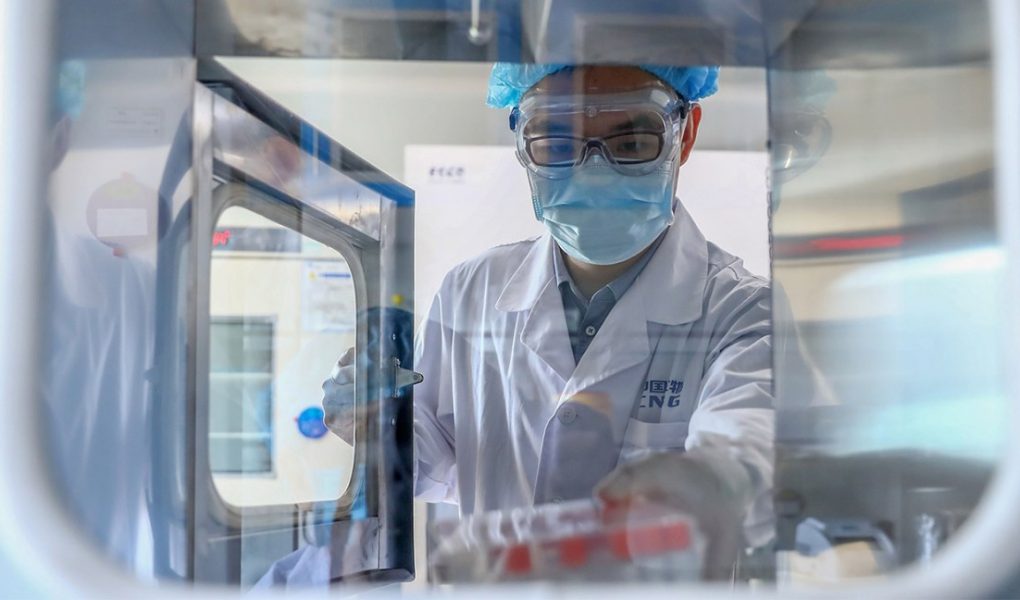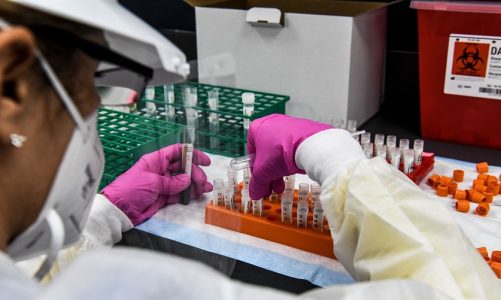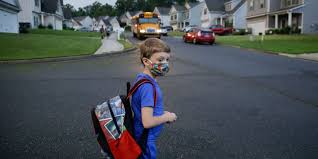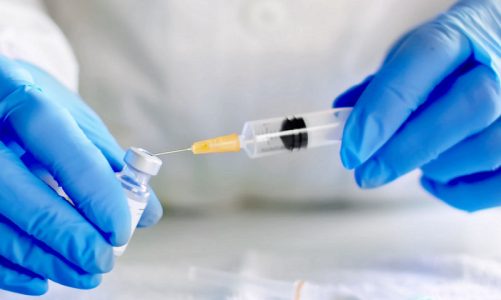For coronavirus, you may need to swab your nose to detect an active infection. Or down your throat. Or both. Or, depending on the exact type of test you’re taking, maybe you could just spit into a jar and end the day.
The latter is clearly the most convenient option. And thanks to pioneering technology from the Yale School of Public Health, it may become an increasingly common method of testing for COVID as schools begin to reopen.
Yale has been granted emergency clearance from the Food and Drug Administration (FDA) for a type of saliva-based COVID-19 test called SalivaDirect. This decidedly non-invasive diagnosis simply requires a saliva sample that can be collected in a sterile container. It is a rapid response test, which means that results can be delivered in just hours.
But this particular system has other advantages. SalivaDirect is not the first saliva-based coronavirus test. In fact, it is the fifth to be cleared by the FDA. What sets it apart from its predecessors is a lower reliance on materials like reagents and additional steps in the testing process, including one called nucleic acid extraction.
Without the need for a swab or the materials involved in other types of testing, a saliva-based test could help address major supply chain bottlenecks that have inflated test response times for COVID.
Adoption could be broad-based as the process for this test does not require proprietary materials. Theoretically, the test could be performed in most commercial laboratories and on a spectrum of machines.
“This test obtained clearance from the FDA device center today,” former FDA Commissioner Scott Gottlieb wrote in a tweet.
Another twist: The test was largely validated by testing with NBA players and staff, who are currently in a bubble at Disney World to end the 2020 basketball season.
Supply chain issues aside, SalivaDirect’s testing process has another practical and humane benefit: It allows healthcare workers to stay separate from patients, thereby reducing their potential exposure to the coronavirus.




